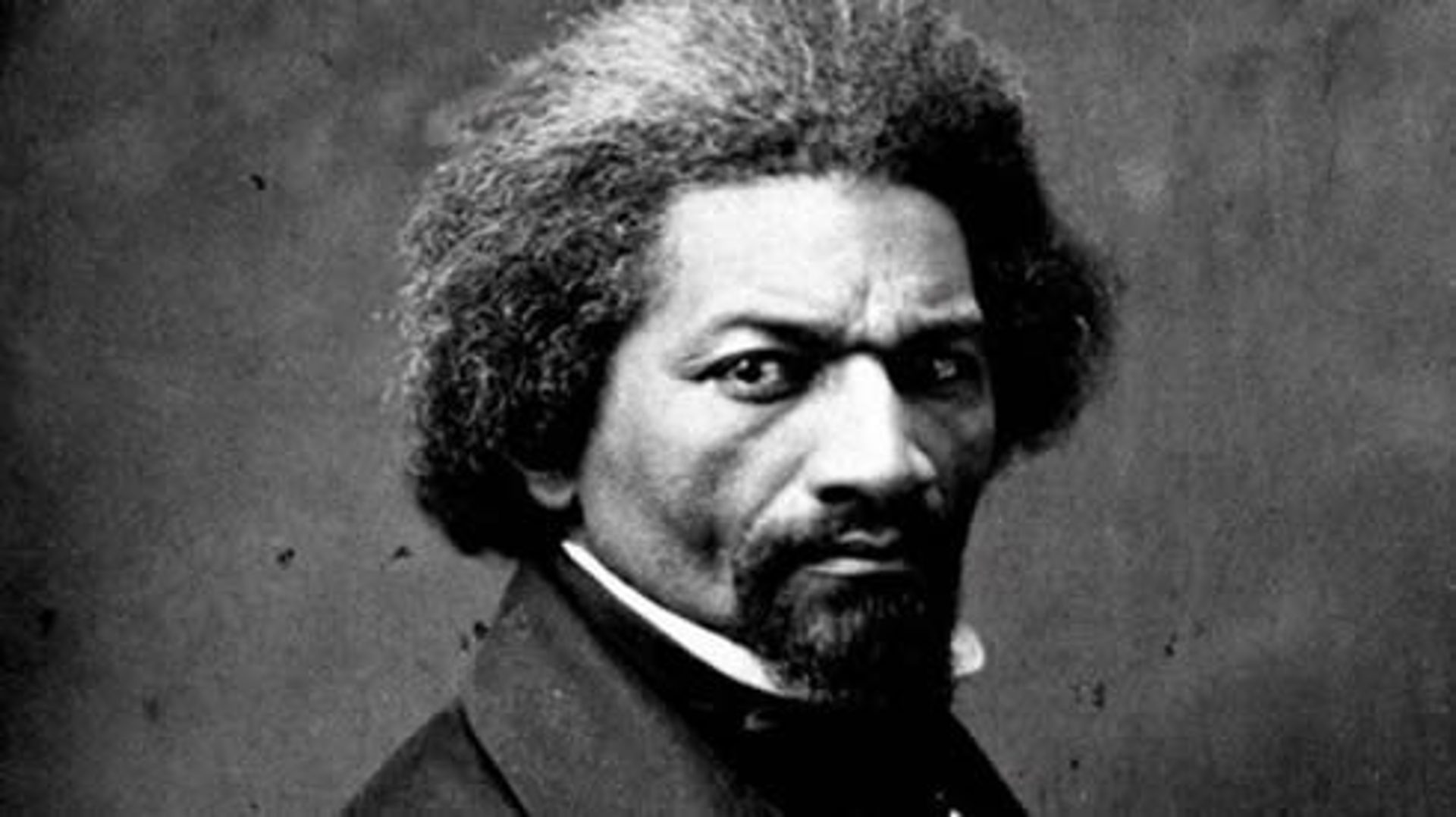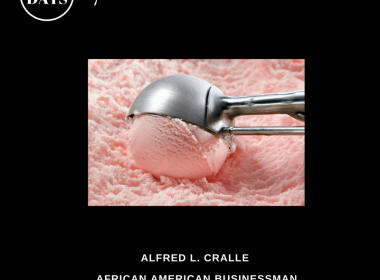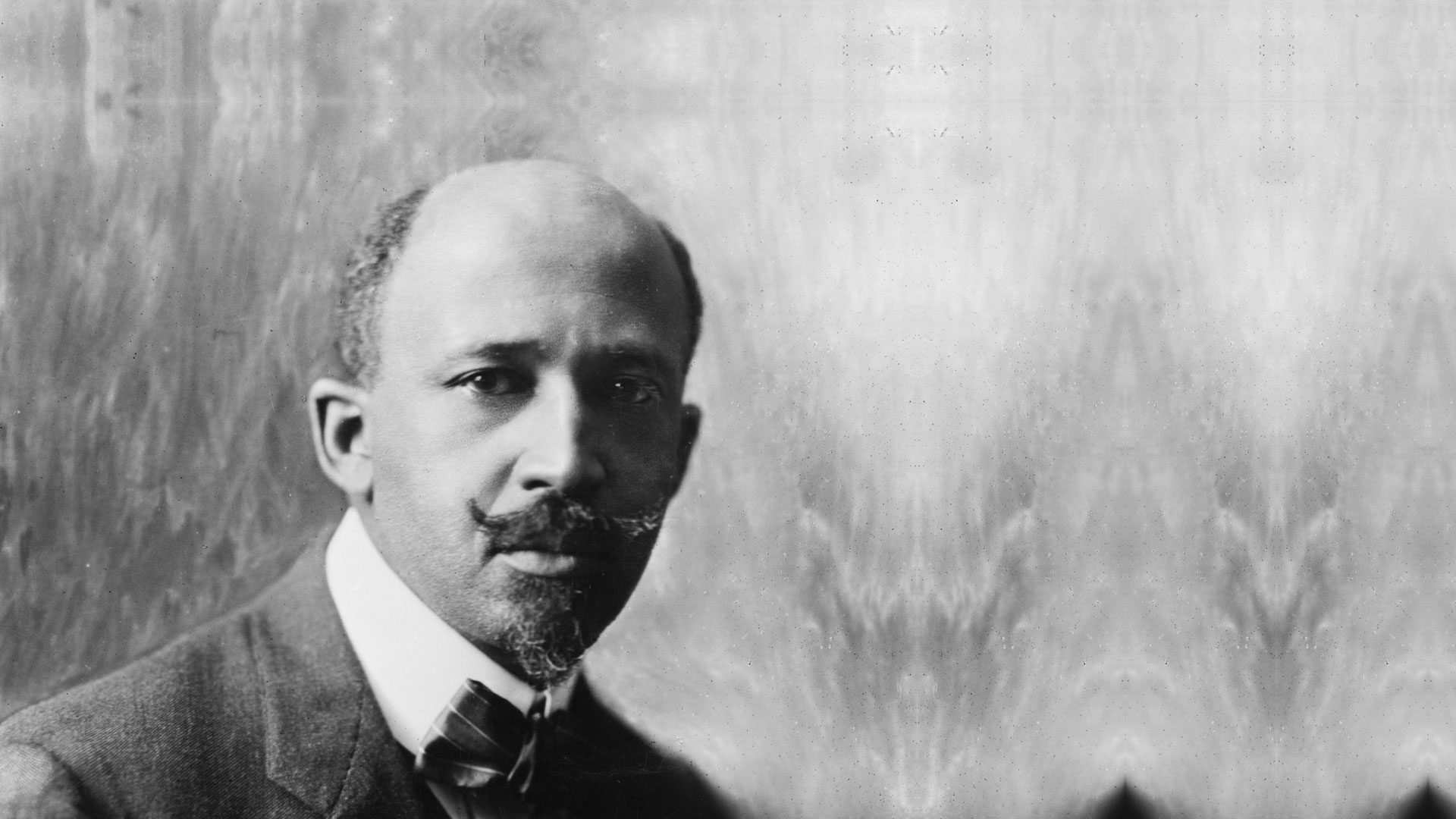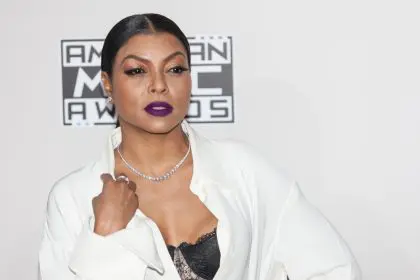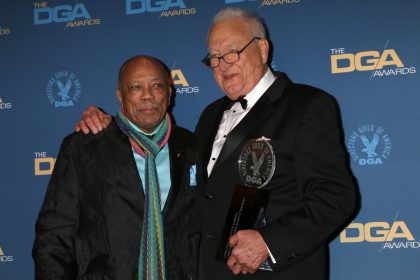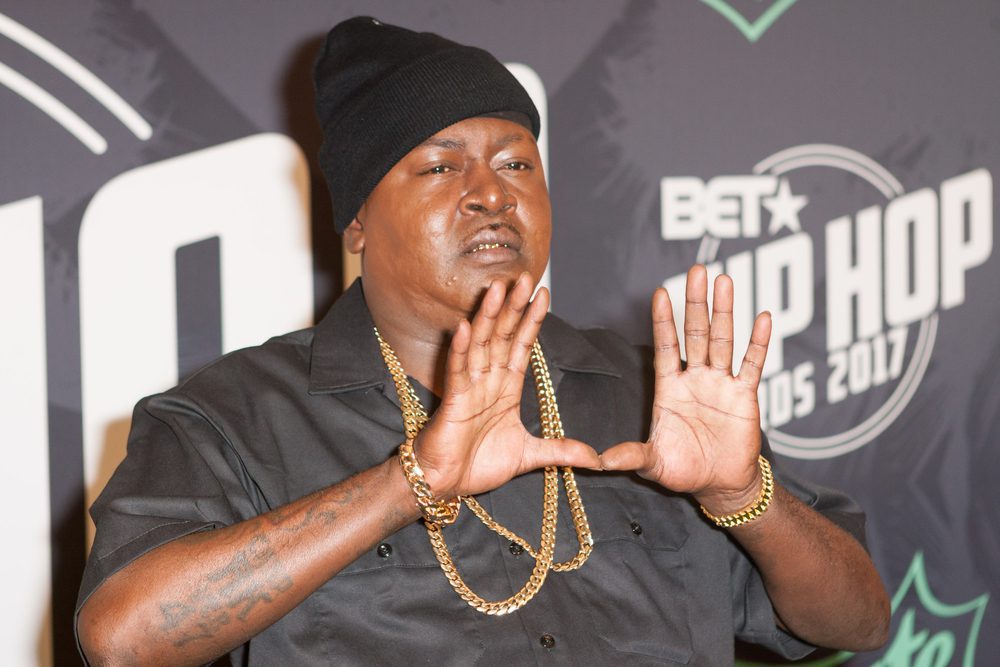
Alice Walker is an African American novelist, poet, and activist. She is most famous for her Pulitzer Prize-winning novel The Color Purple. In addition to her noteworthy works, she is a known activist and womanist, upholding and honoring the female experience.
This is made evident as she usually portrays an African American female lead in her fiction. She uses her words as tools to make statements often times targeted at oppressive White people who misunderstand the Black experience and chose to marginalize others.
Below are four times that Walker checked the White man and you missed it.
1. “What can the White Man Say to the Black Woman?“
The Nation produced a 50th Anniversary Special Issue that included Walker’s essay “What can the White Man Say to the Black Woman?“ In this work she discusses the hundreds of years of slavery, auctioning off the Black woman’s most prized possession — her children, and the debate over legalization of abortion. She stated that one of the things the White man should say to the Black woman is, “I will tell you, Black woman, that I wish to be forgiven the sins I commit daily against you and your children.”
2. “In Case You’ve Ever Wondered How It Is Done: Censorship by Purse String an Invitation to Speak at the 50th Anniversary for the Center for Education of Women at the University of Michigan has been withdrawn.”
In this essay posted on her personal website, Walker reveals the specifics of an incident in which her invitation to speak at the University of Michigan was withdrawn due to her use of Freedom of Speech. She shares that her thoughts on Israel were misunderstood by the university. She mentions receiving an email from a contracted individual. Walker responds in a sarcastic tone, because he had no vested interest in their robbing their students, specifically the women of a captivating speech. She responds, “It isn’t hard to imagine how he feels, having been so enthusiastic about getting me to come to help the women celebrate a major milestone in their many struggles for education and equality.” Walker makes a blatant statement to women about the importance of being in charge of their own finances, so that the White man can’t control your wants, needs, or desires in any capacity.
3. Alice Walker Talks Race, Women and Power
Walker speaks to CNN during an interview sharing her beliefs on America and its lack of growth over the years. She urges that we retire back to the times of pre-colonialism when the care of Mother Earth was valued. She shares that “Democratic Womanism” could be the solution to many of our problems because right now we are living in a white male-dominated society. She believes that women of power need to bring balance. She also mentions that instead of a presidency, she believes a council could be a better method of leading this country. When talking about President Barack Obama’s election, Walker prophetically makes the statement that many white people are ”having an identity crisis.” She says many white Americans’ racist comments are due to the fact that they can’t hide their racist views when someone Black is in power.
4. Why Black Feminism and Womanism?
In Walker’s In Search of Our Mothers’ Gardens: Womanist Prose, she breaks down the difference between feminism and “womanism,” a term she coined. She believes feminism is specific to the struggles of white women and does not take into account the issues of a Black feminist. She coined the term womanist to cater to the gifts and struggles of the Black woman. Walker specifies, “As Black women we see Black feminism as the logical political movement to combat the manifold and simultaneous oppressions that all women of color face.” She used this term as her driving force specifically to incite activism for women of color.


